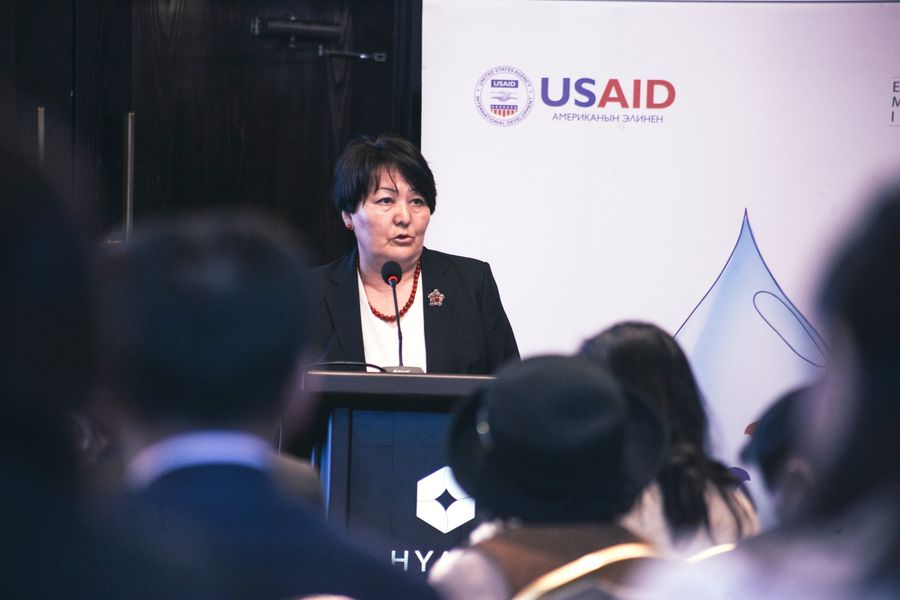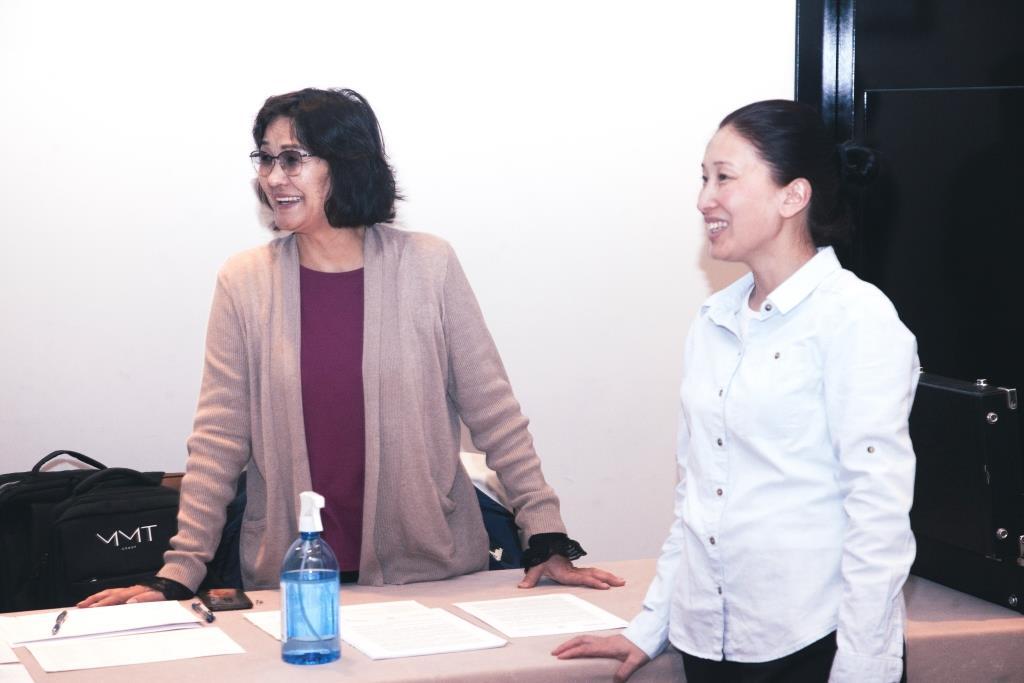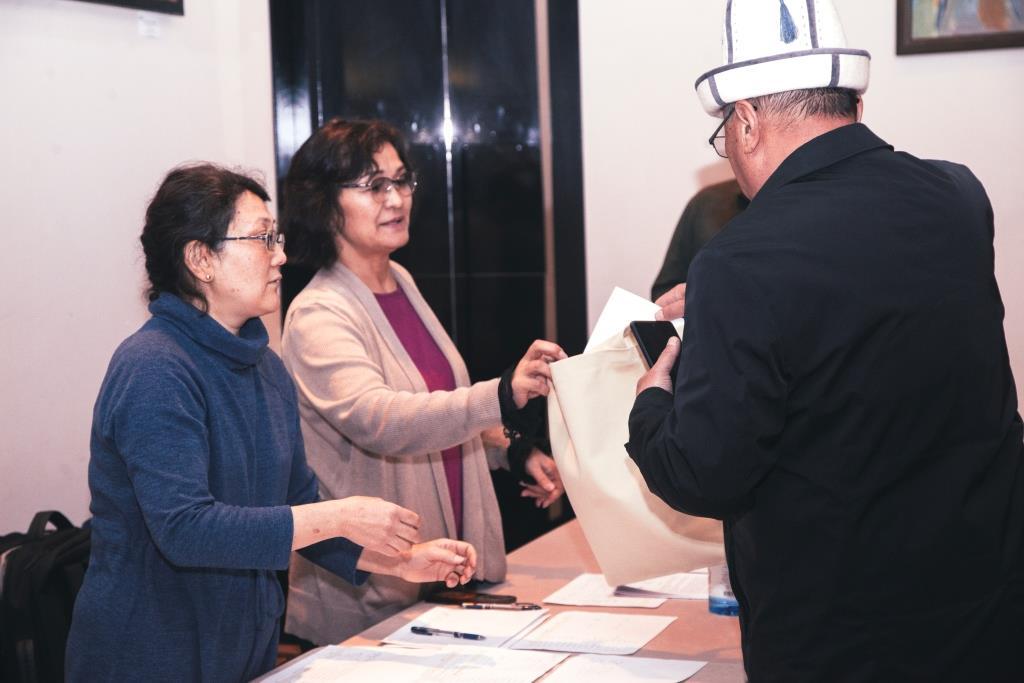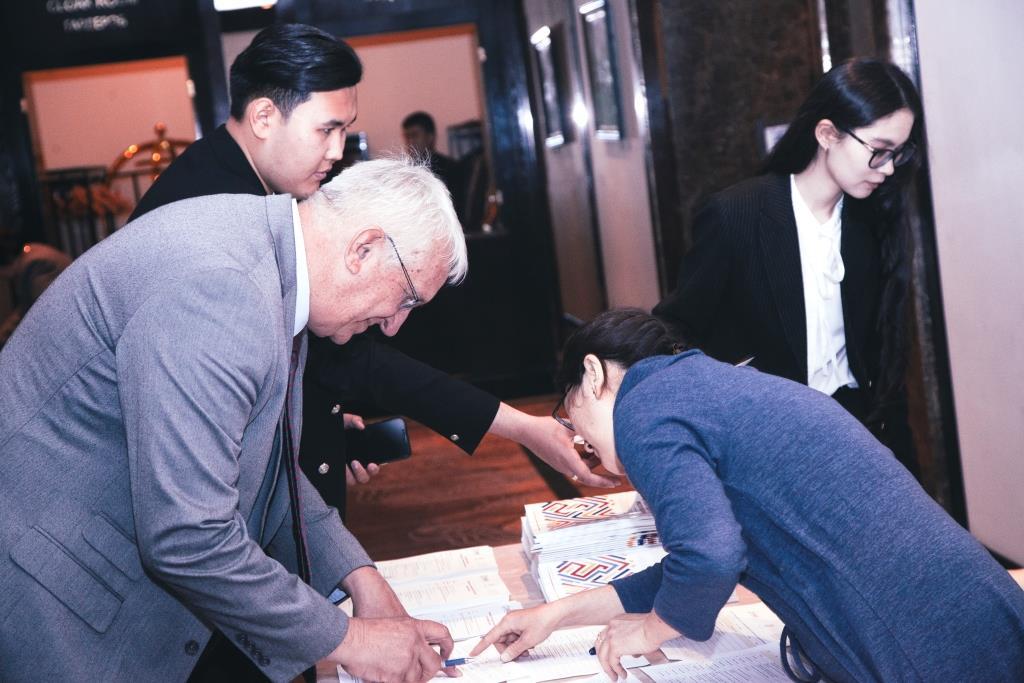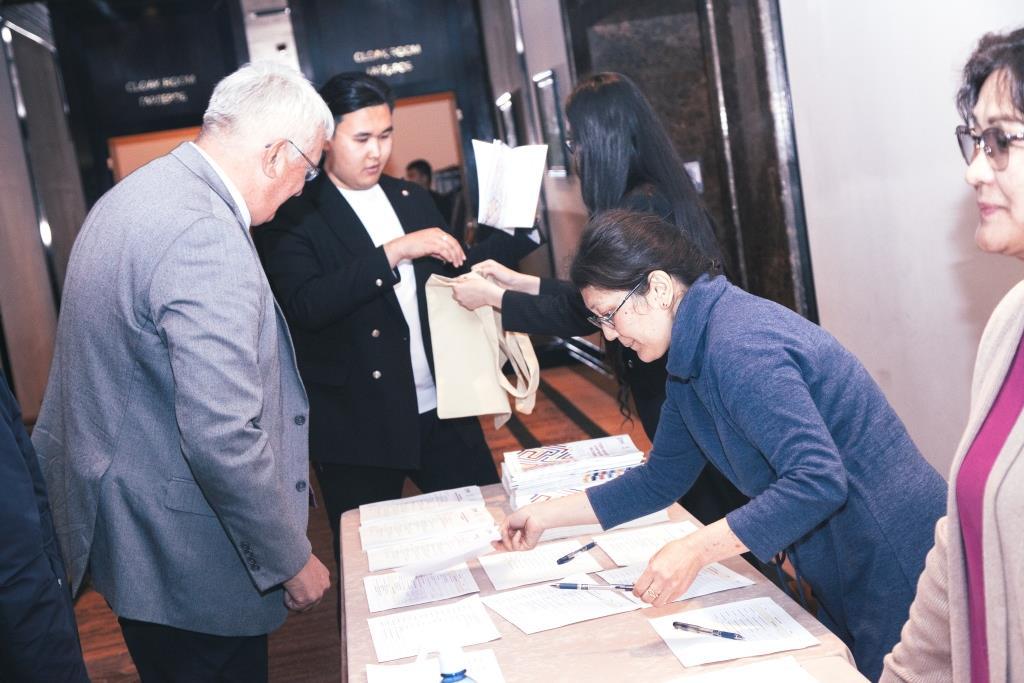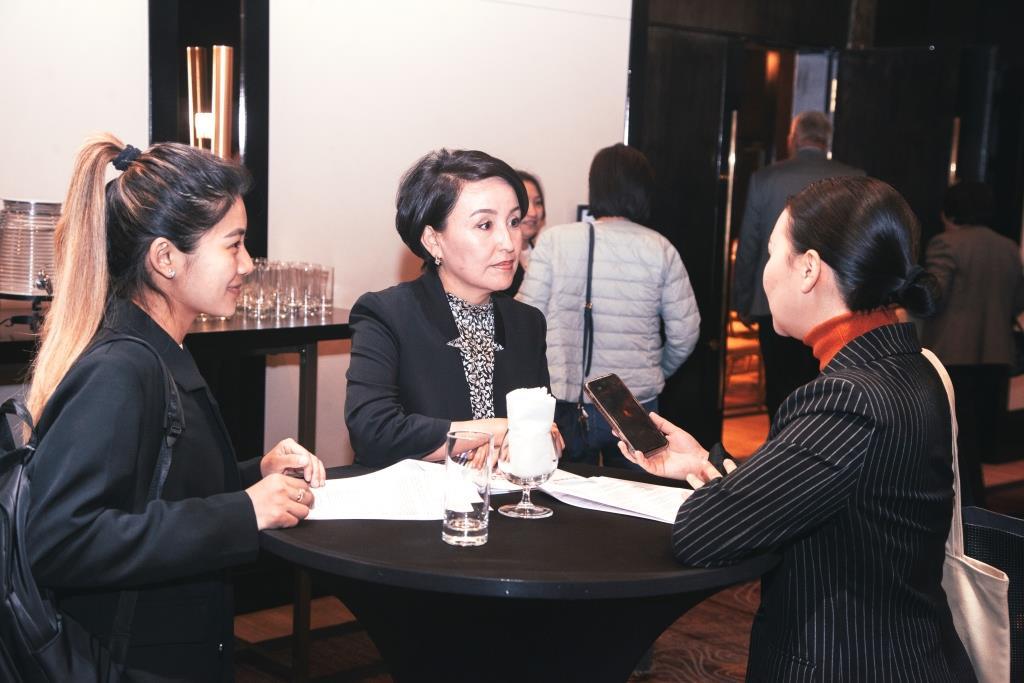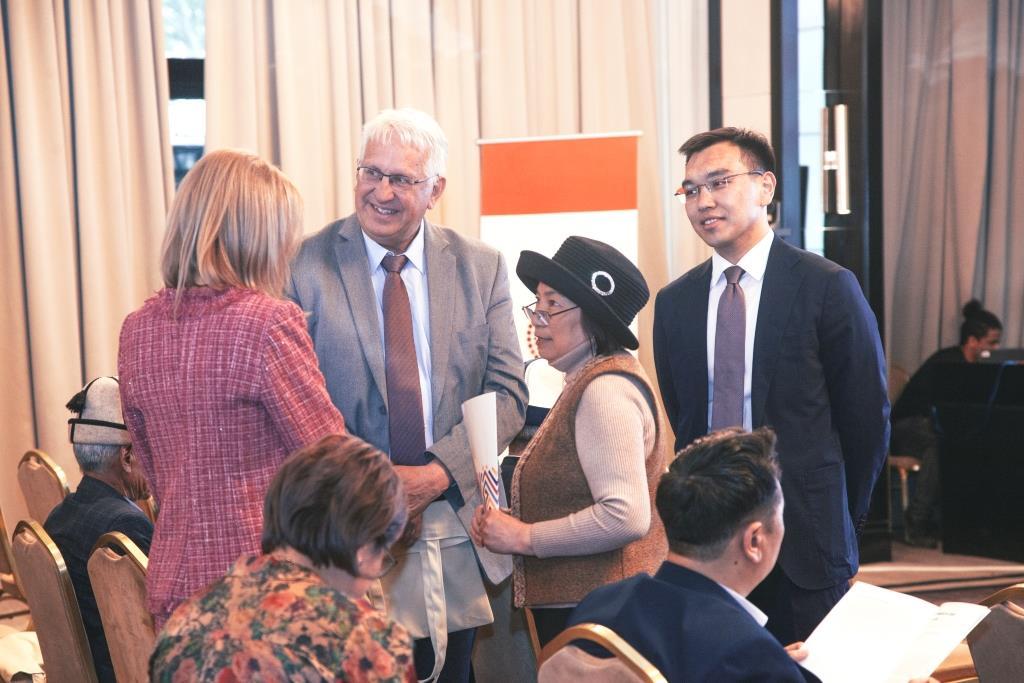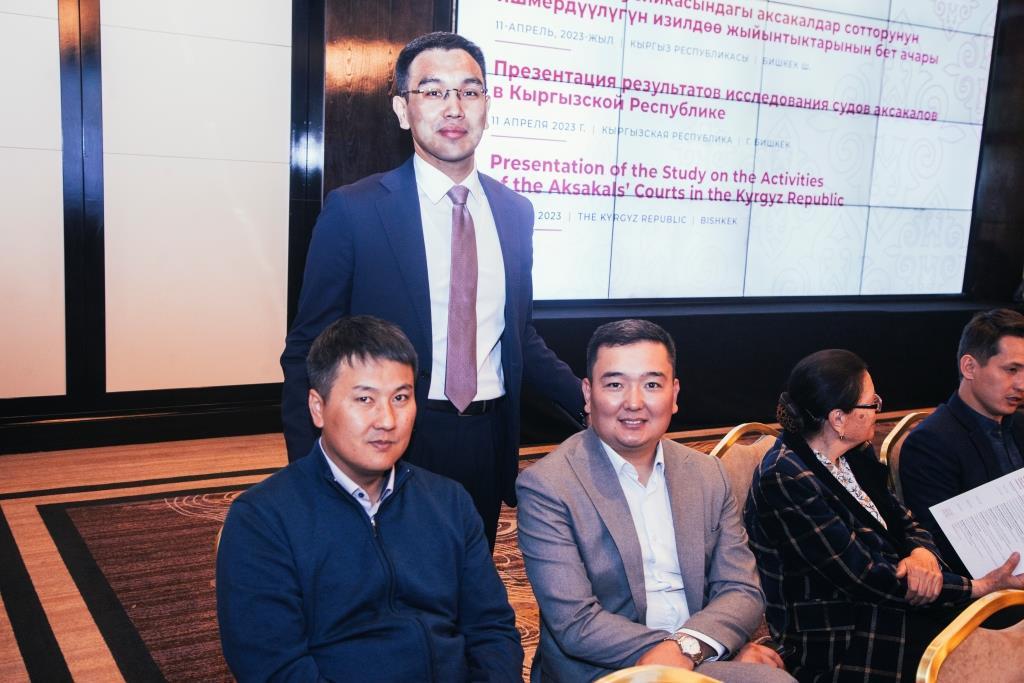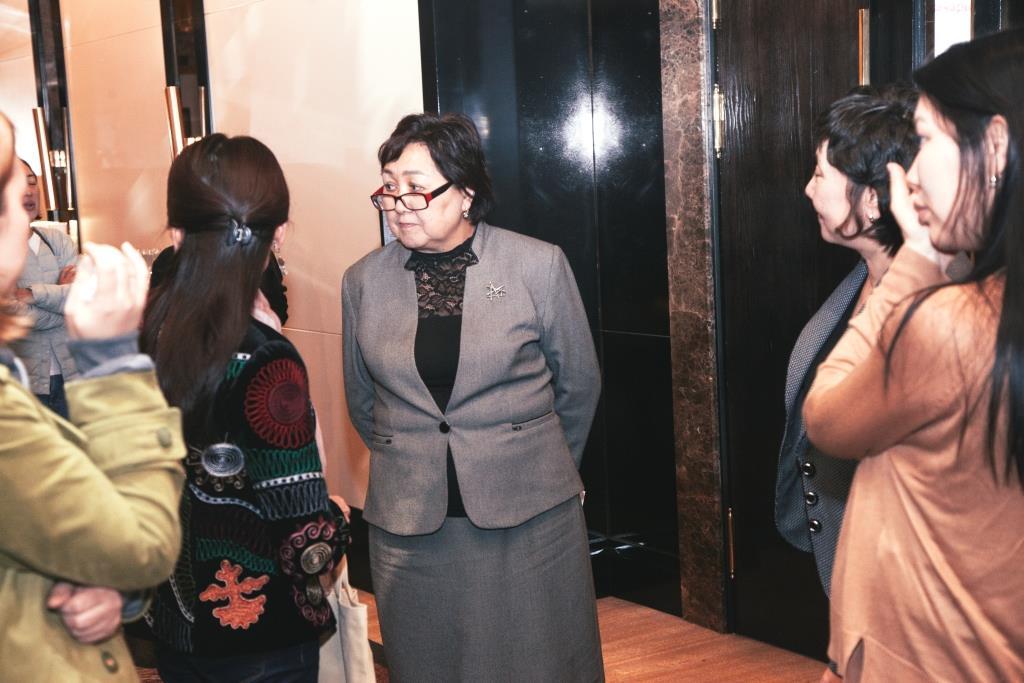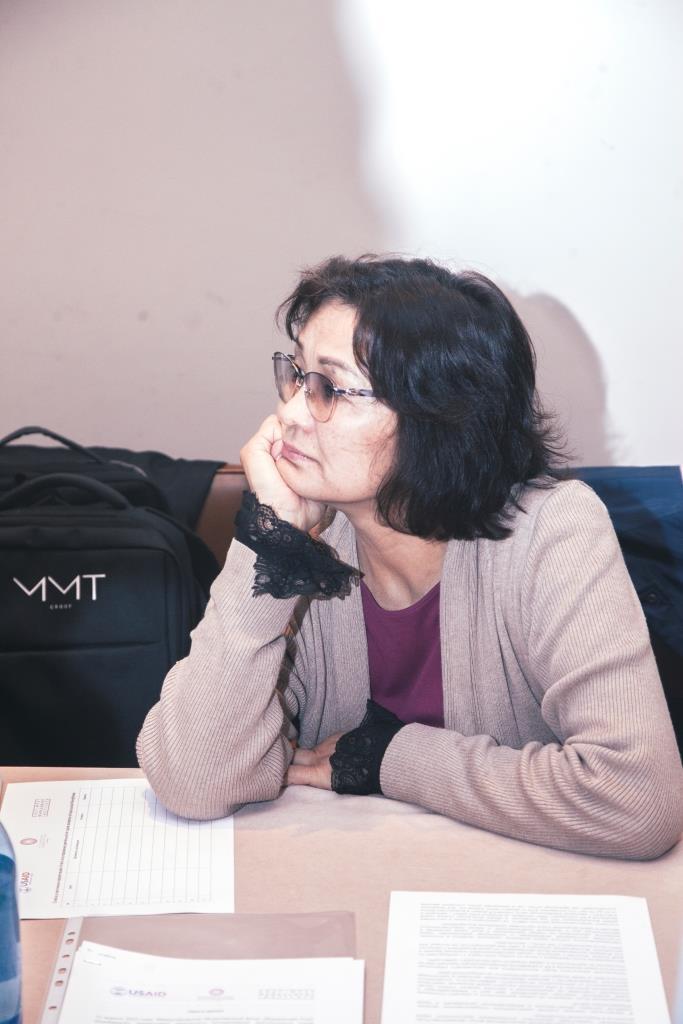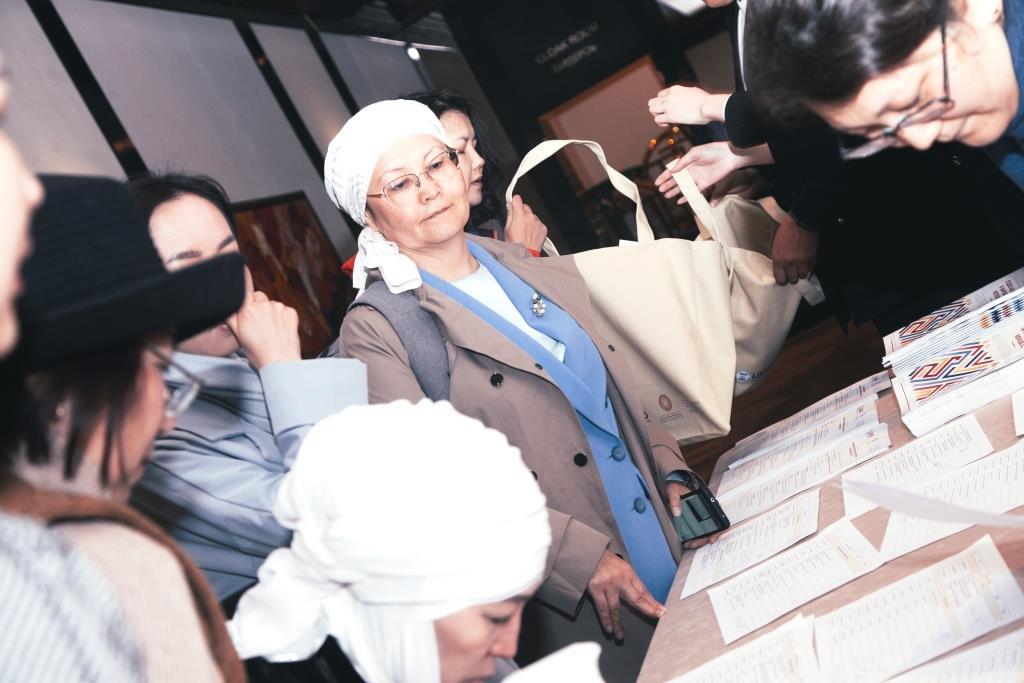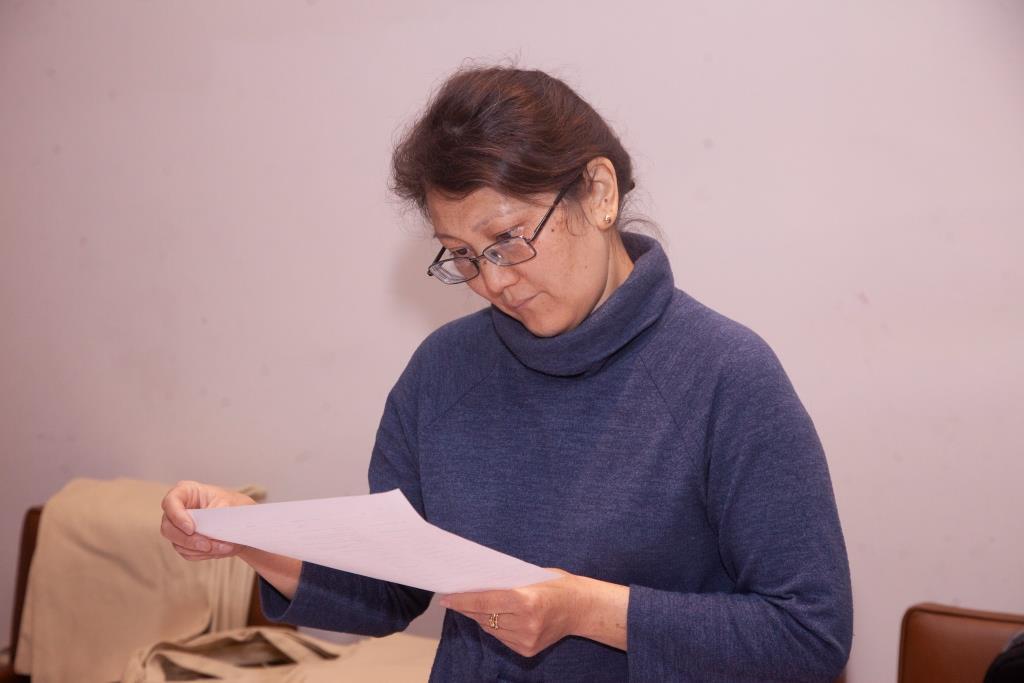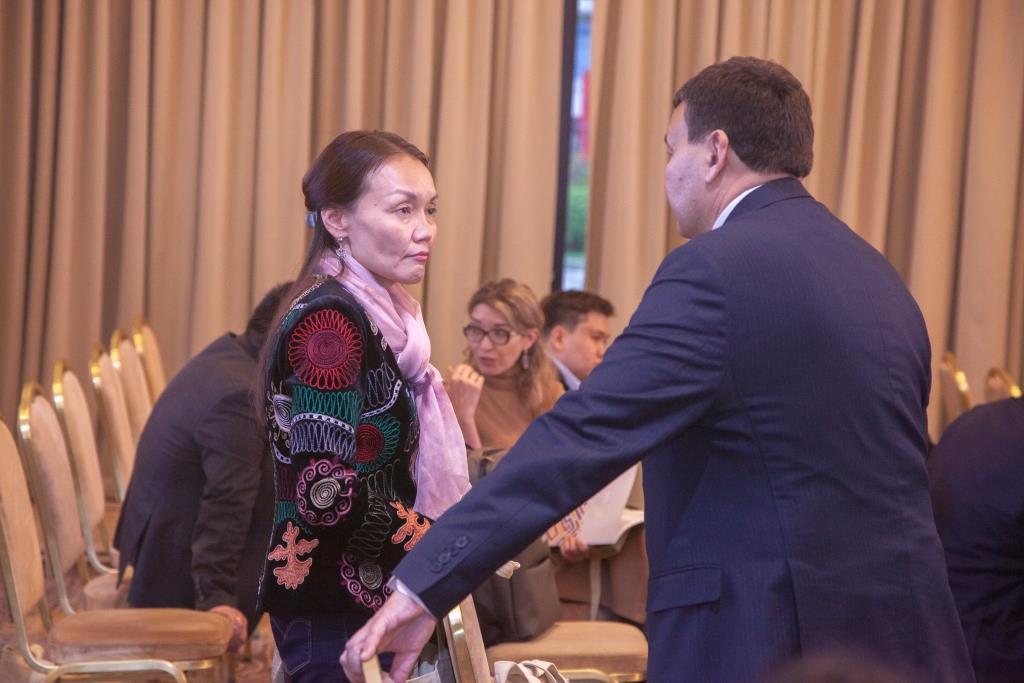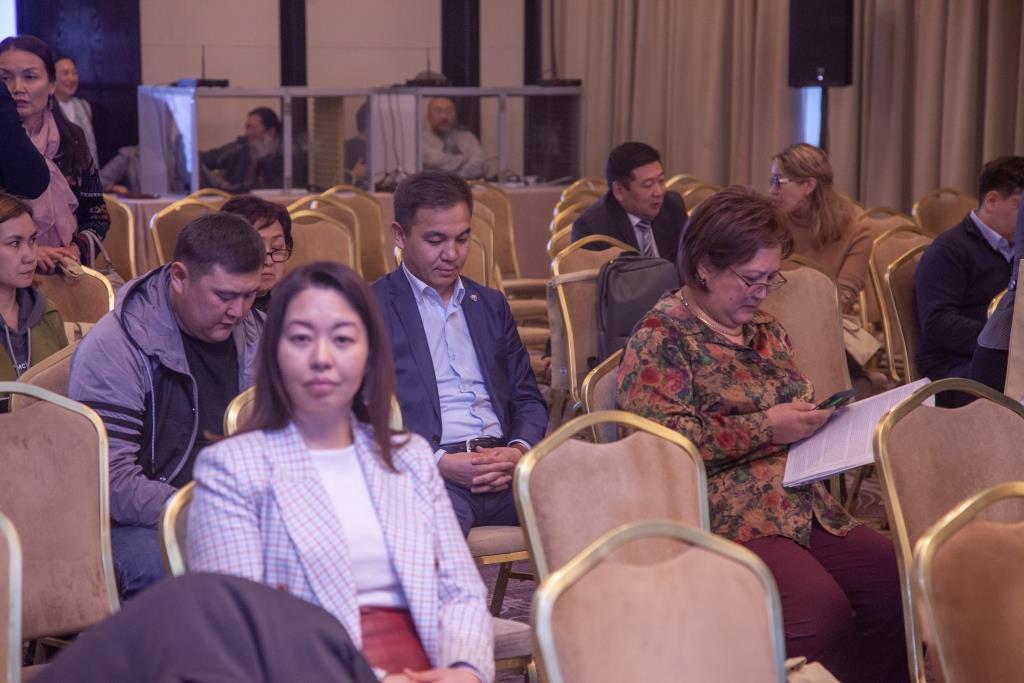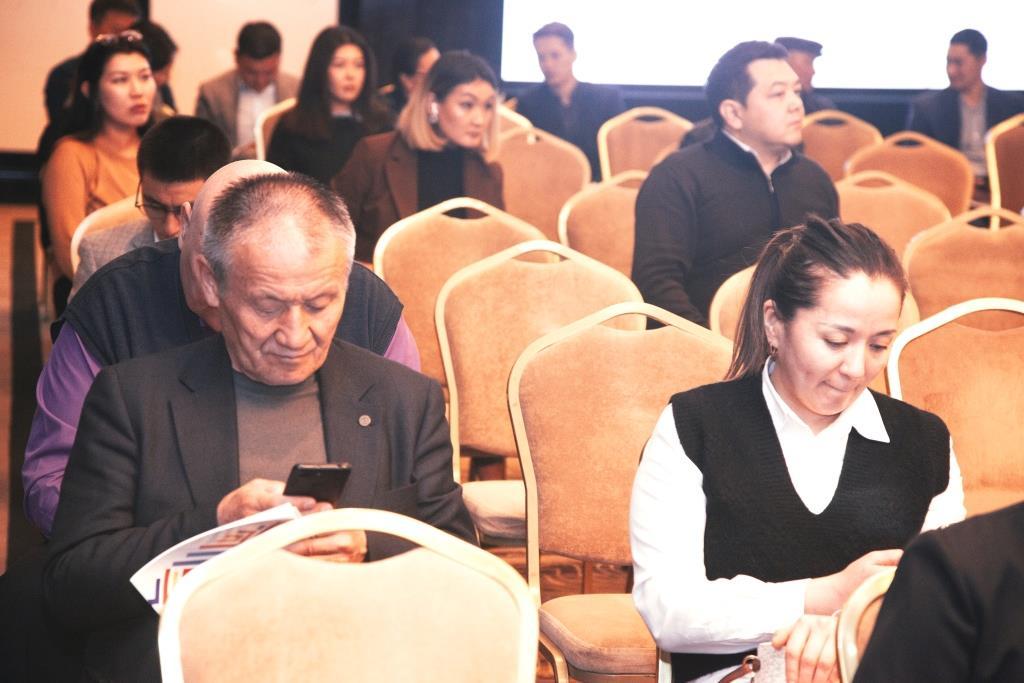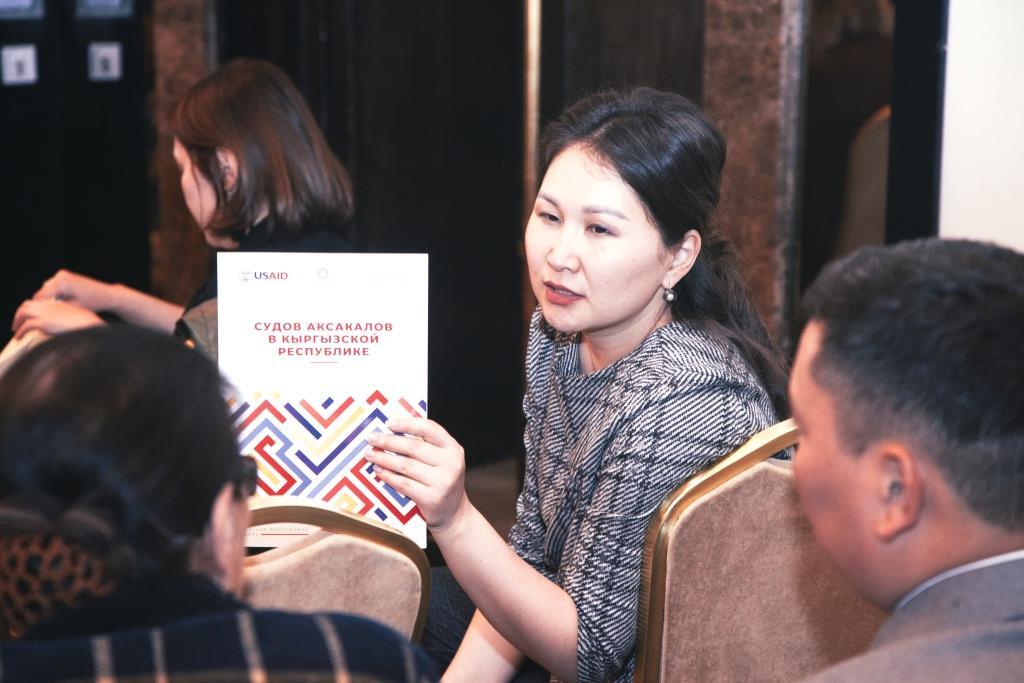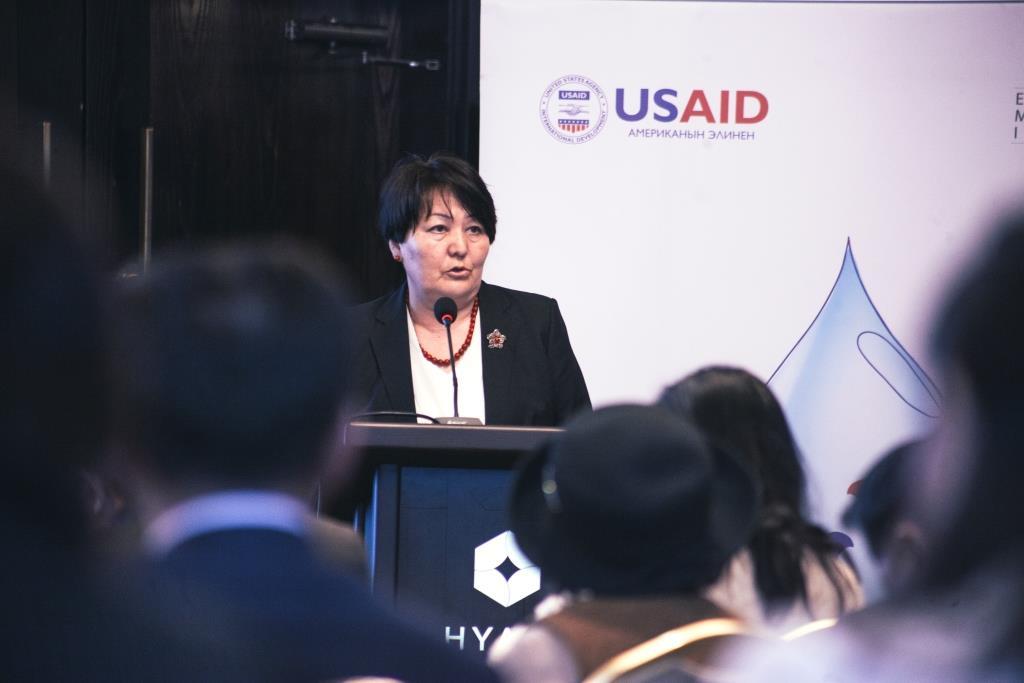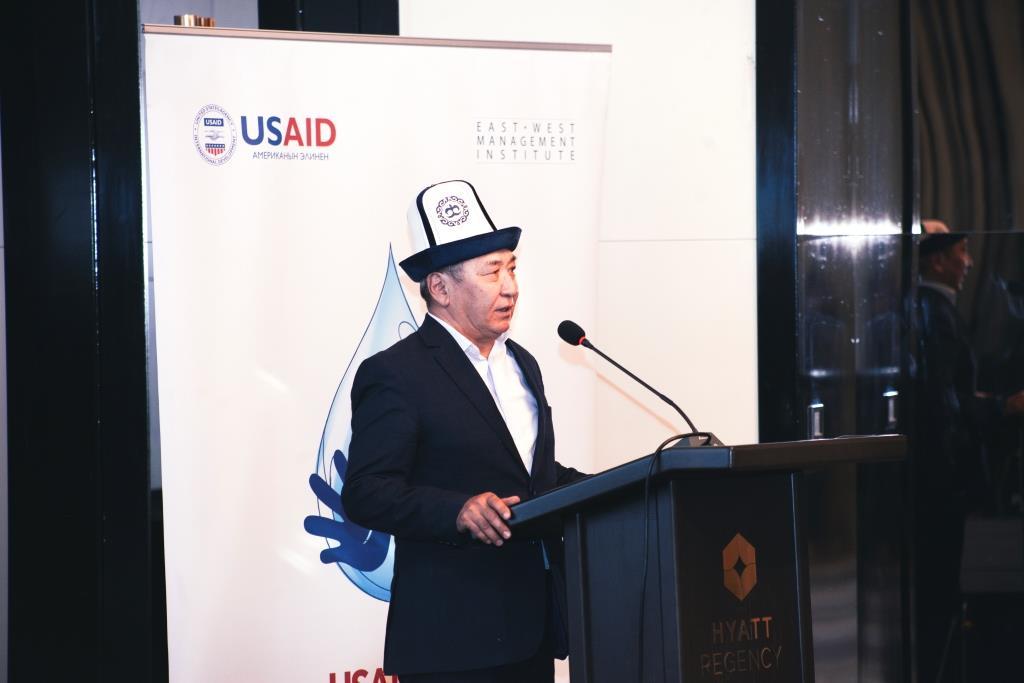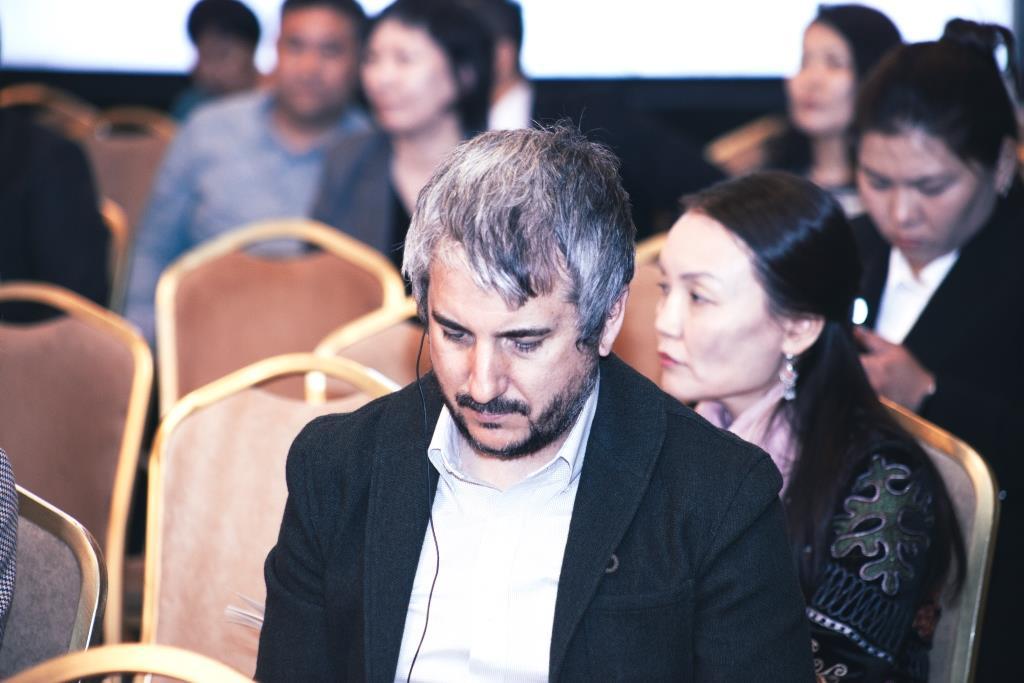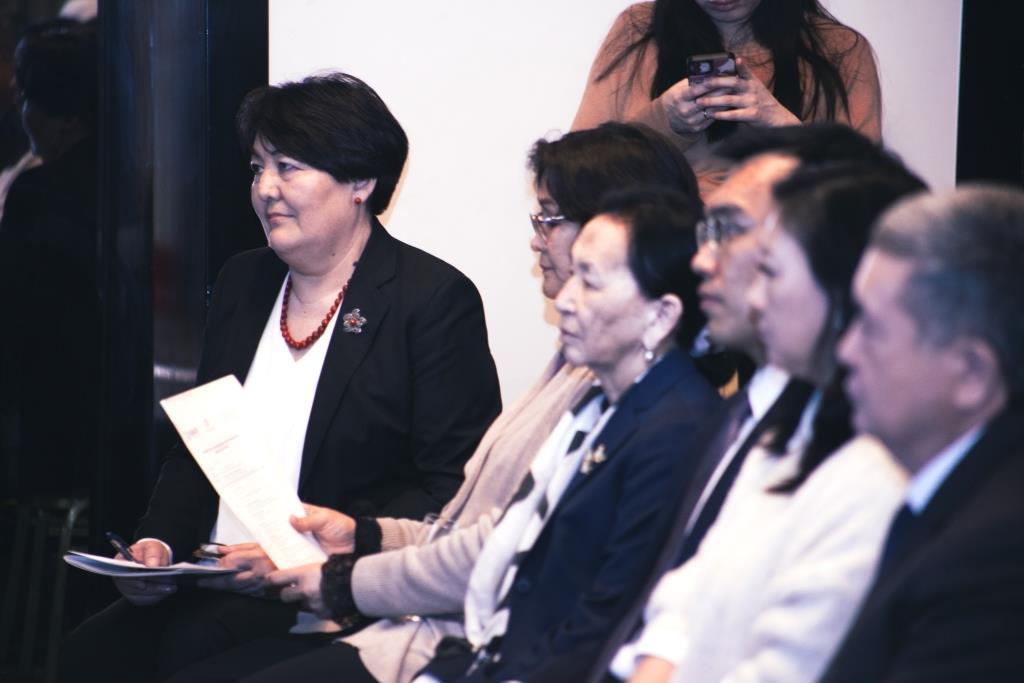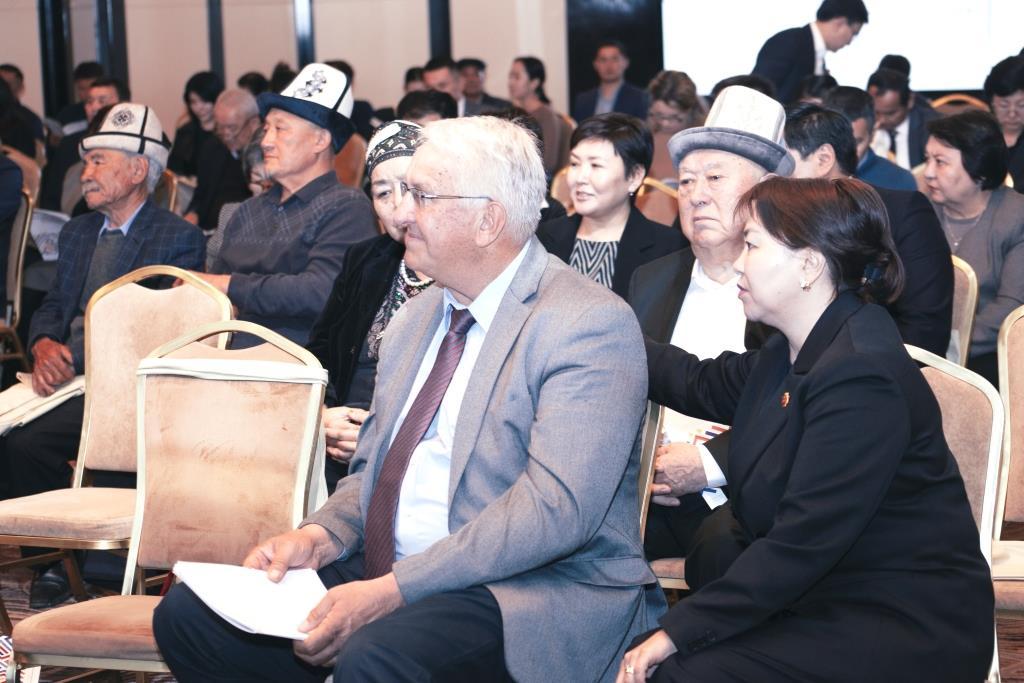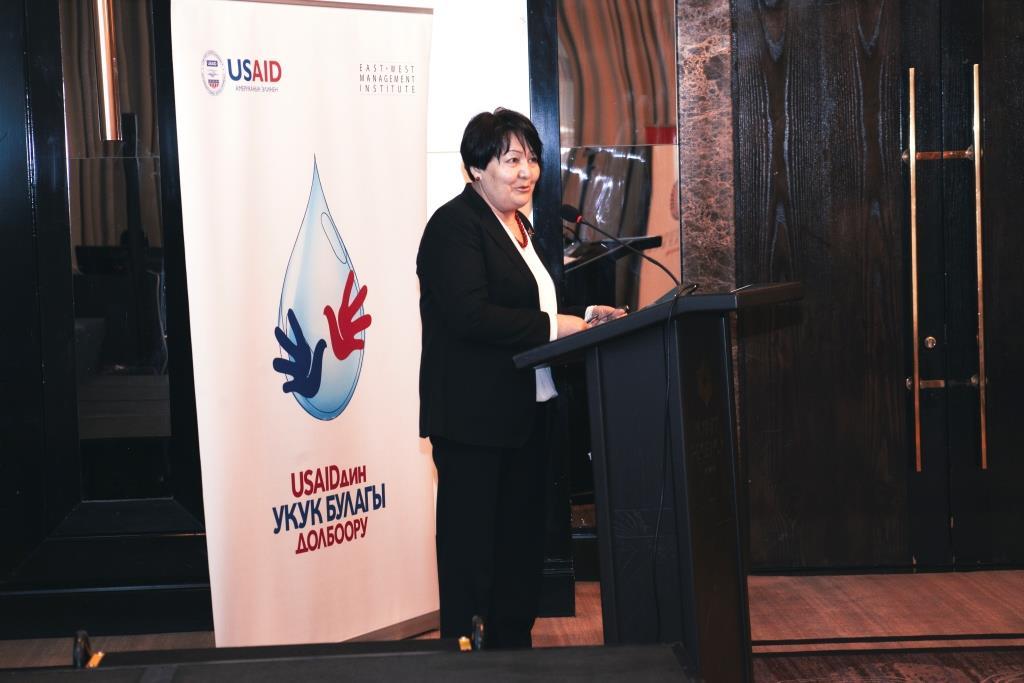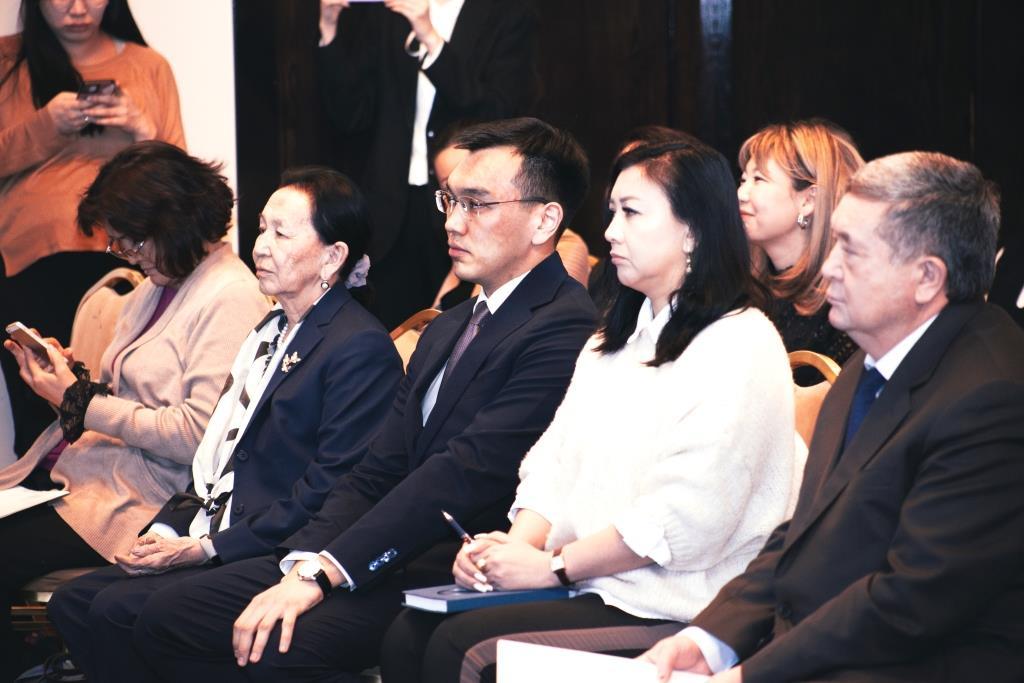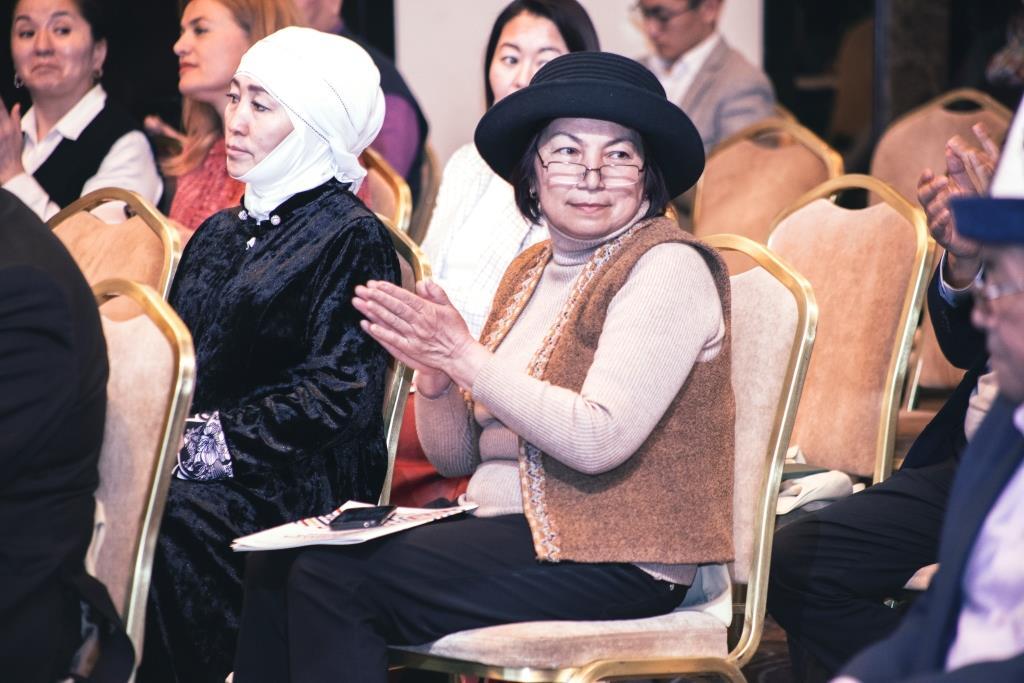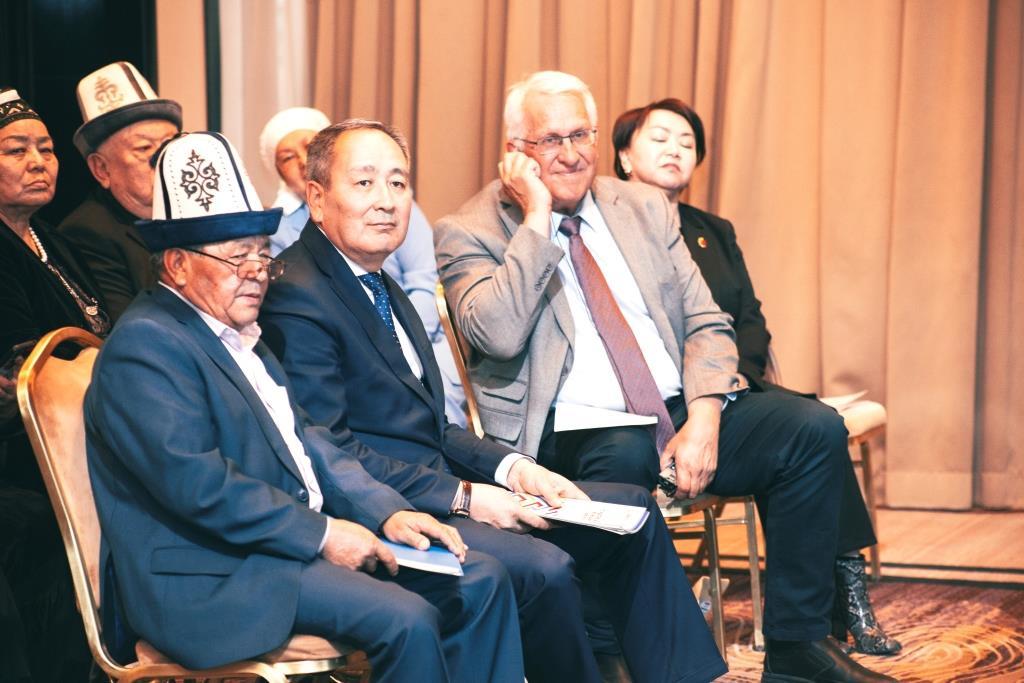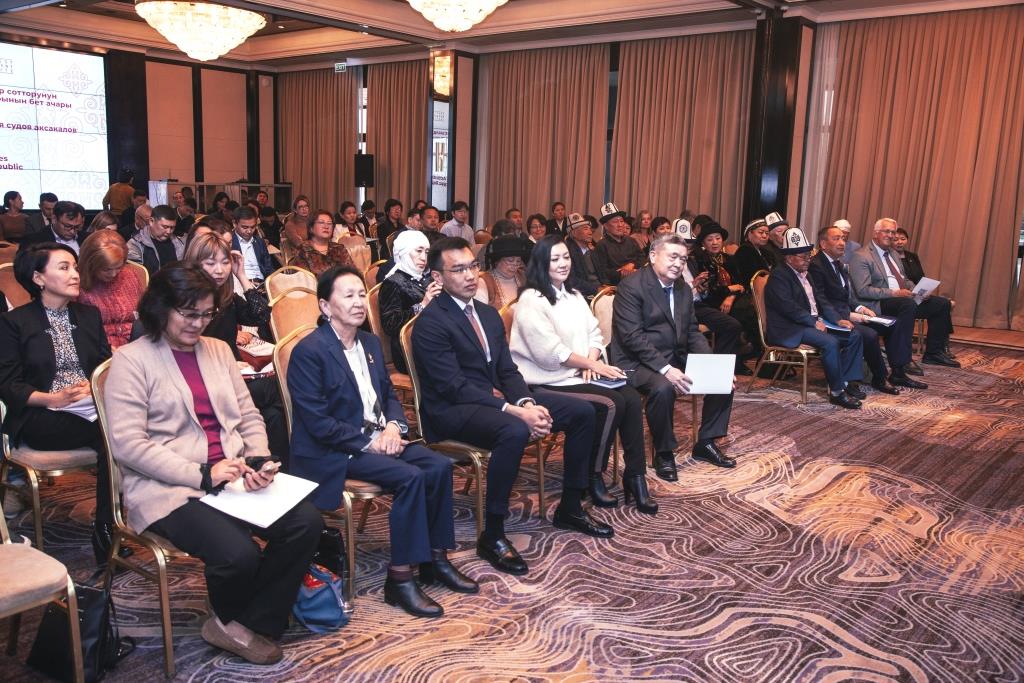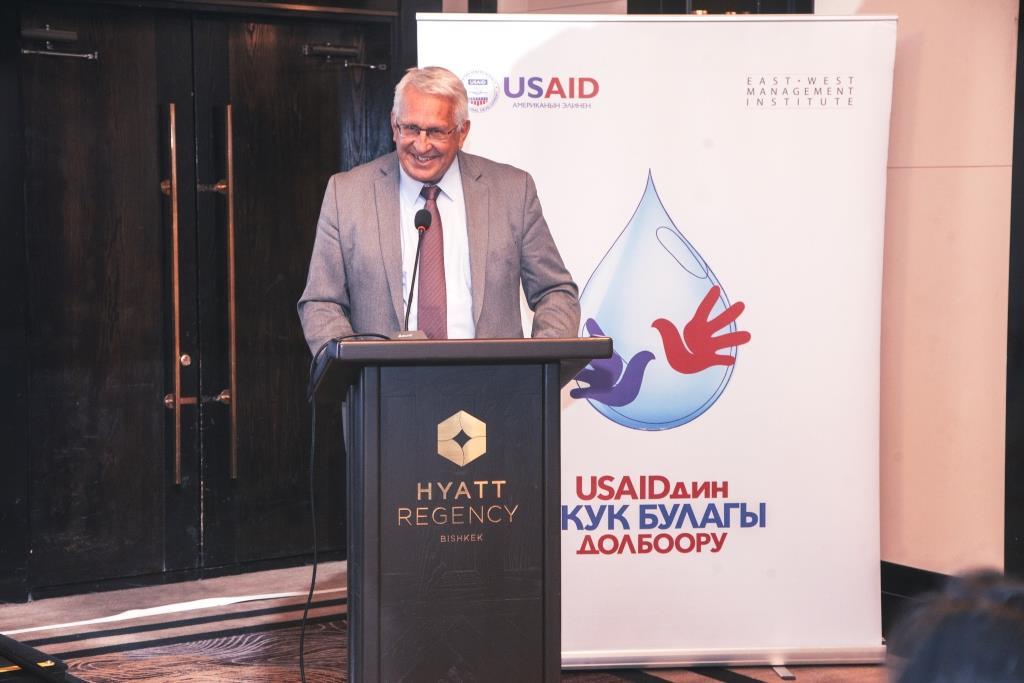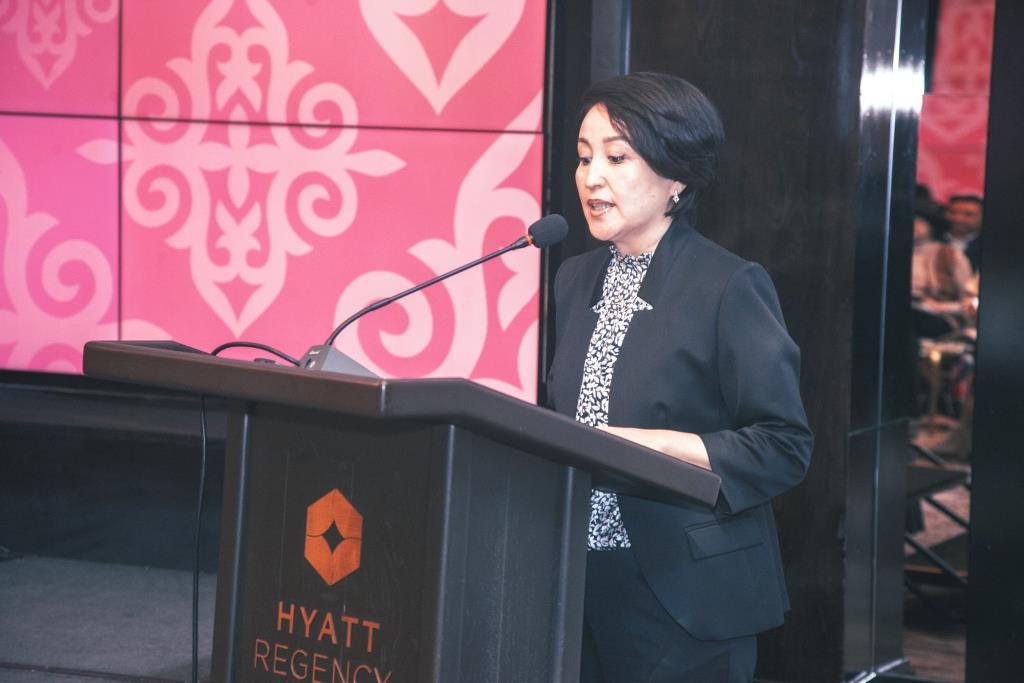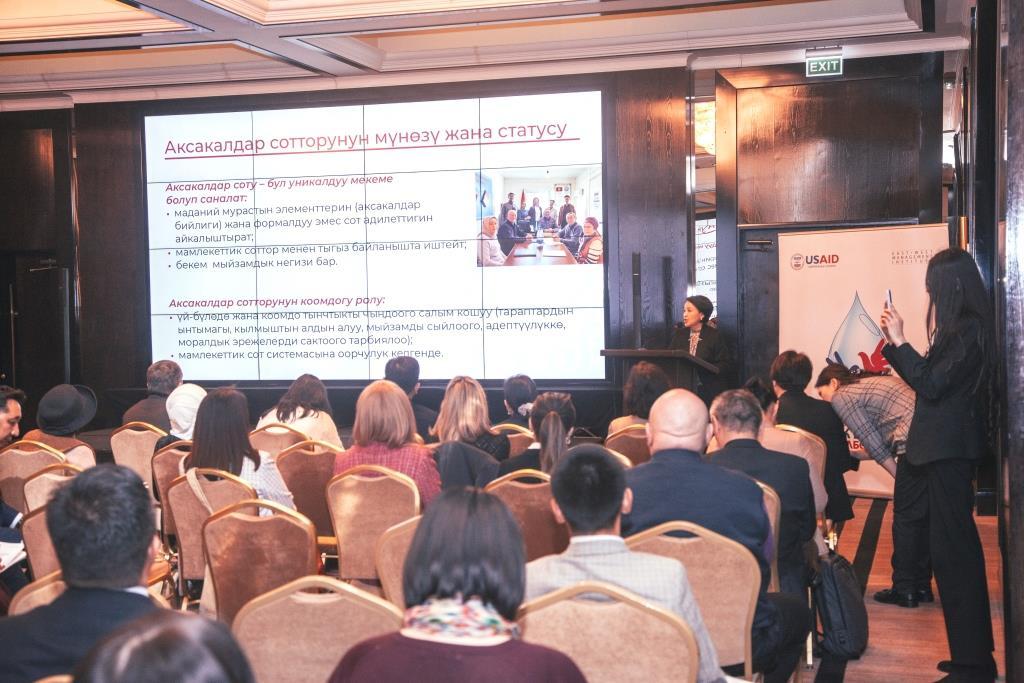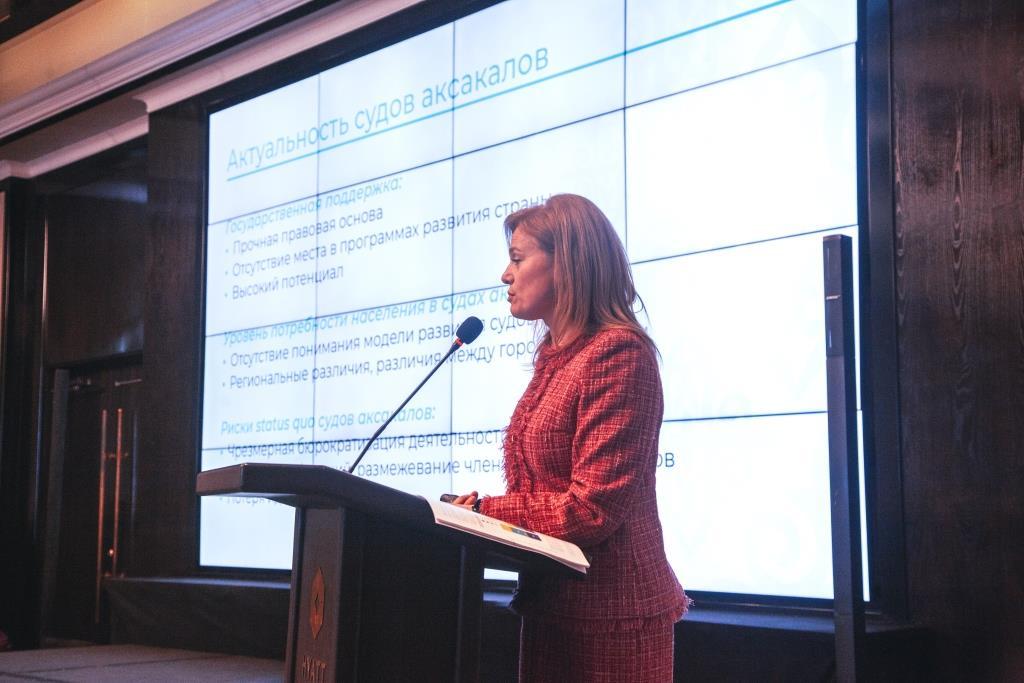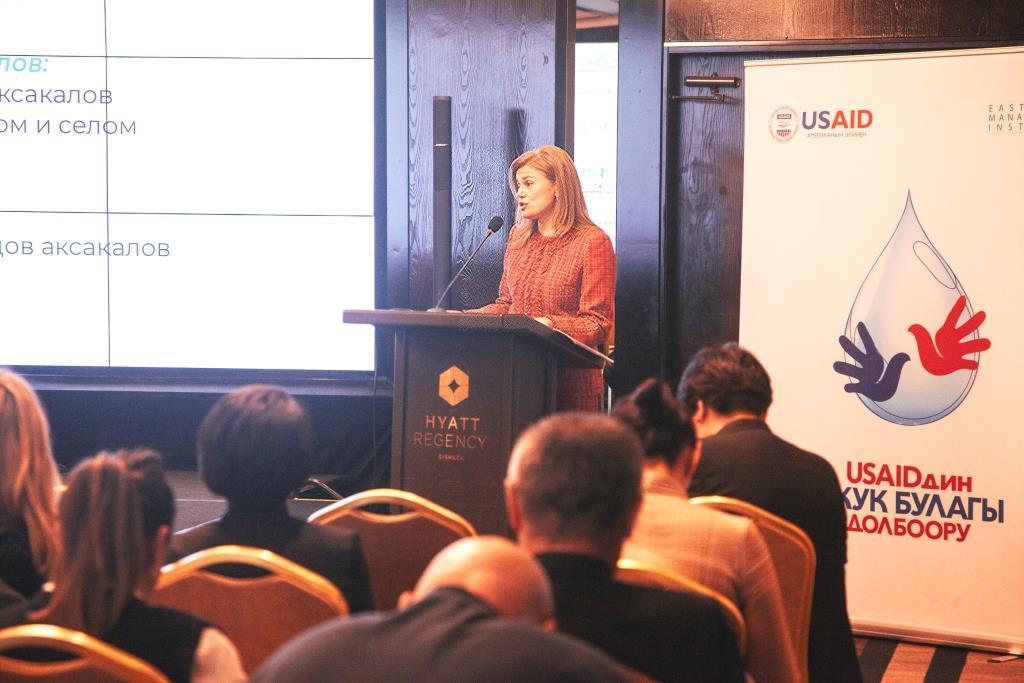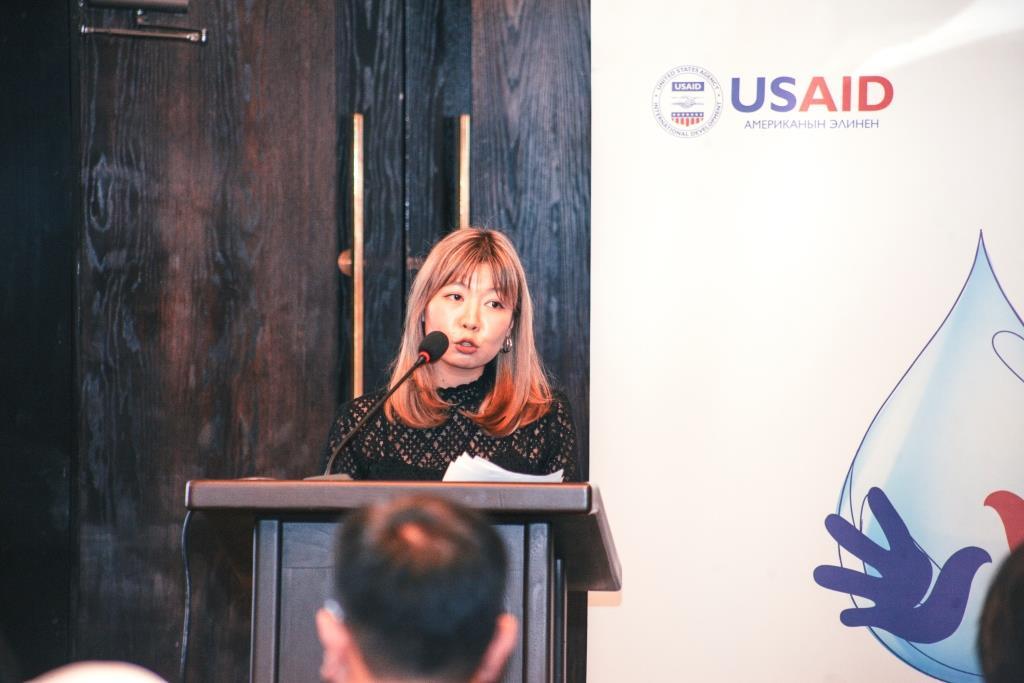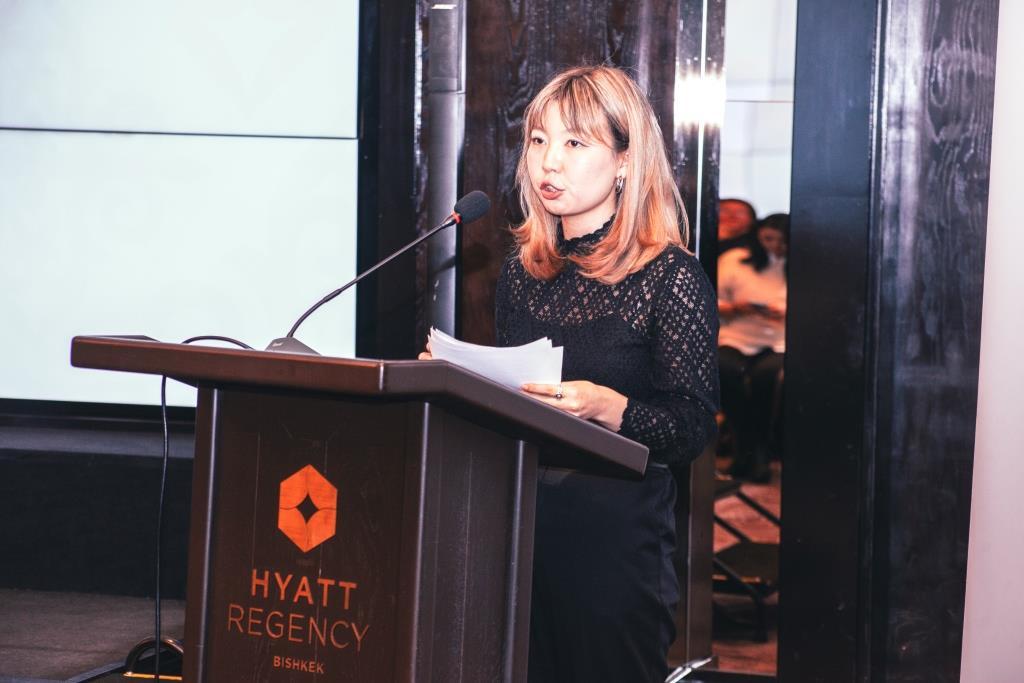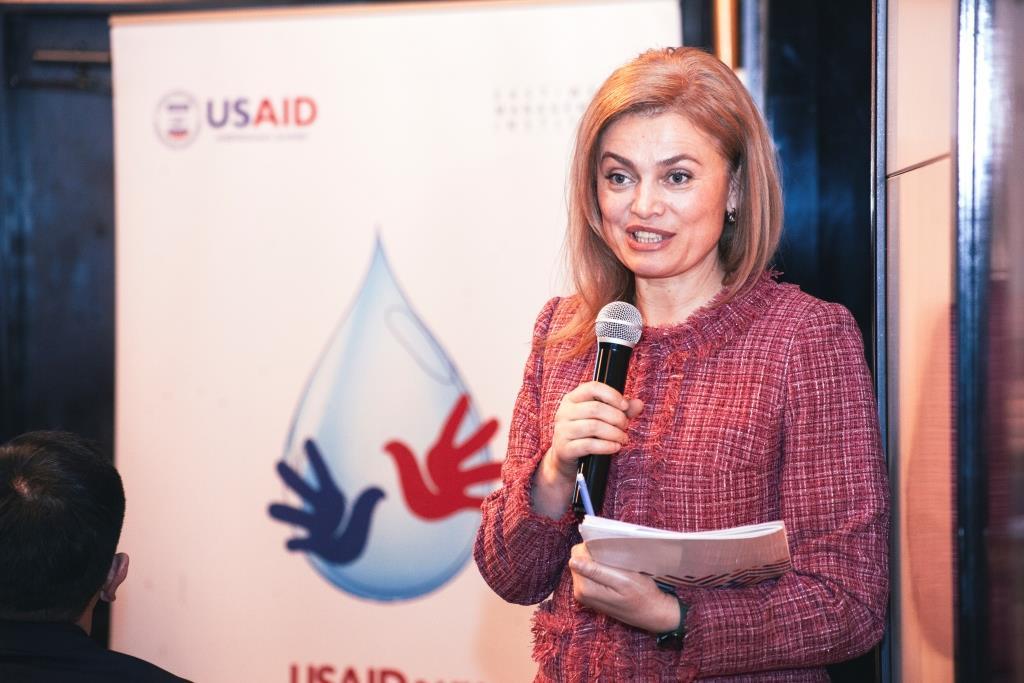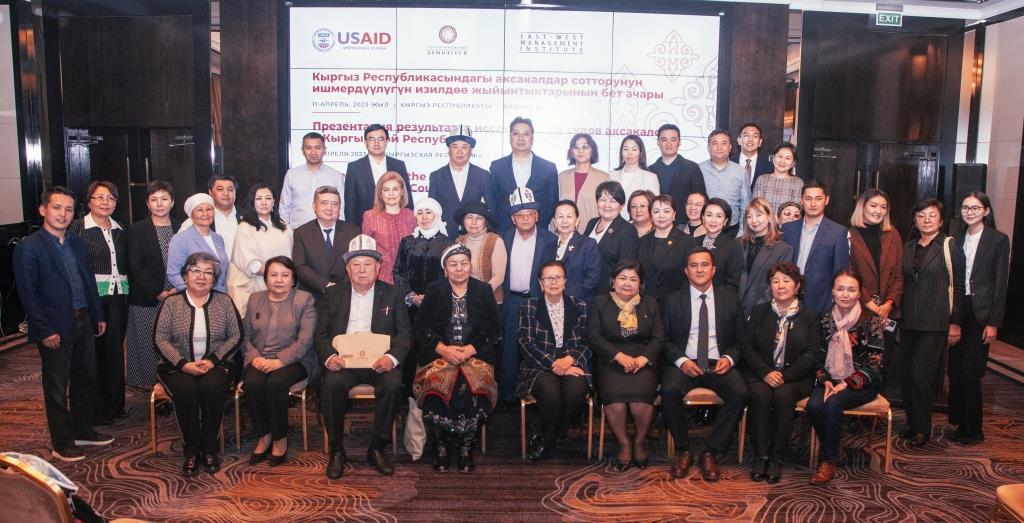The IPF "Roza Otunbayeva Initiative" presented the results of a study of the activities of aksakals' courts in the Kyrgyz Republic
April 12, 2023, 04:01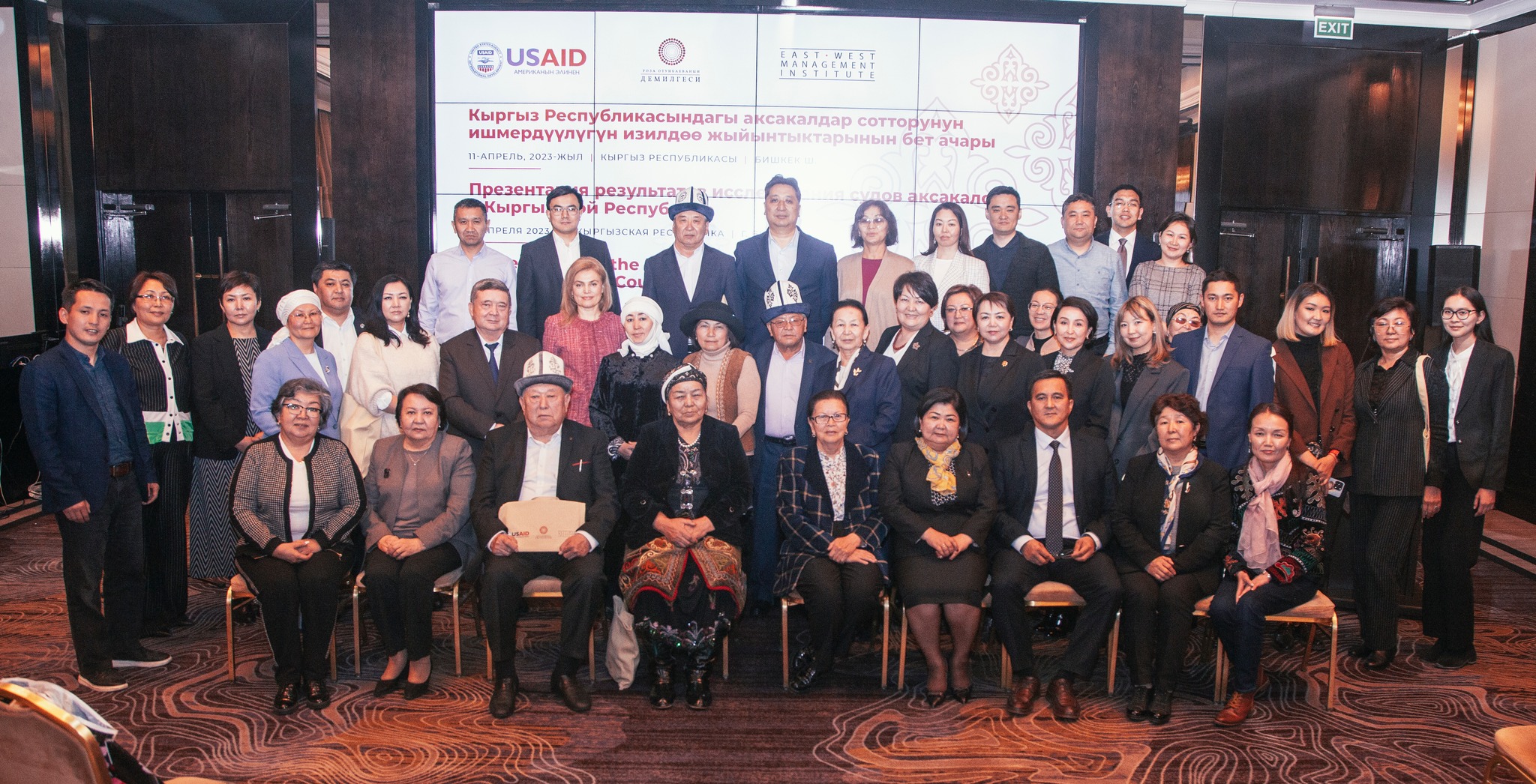
On April 11, 2023, the IPF "Roza Otunbayeva Initiative" presented the results of a study of the activities of aksakals' courts in the Kyrgyz Republic.
The presentation was attended by representatives of state bodies, the judiciary, public and international organizations, and academic circles.
The study was aimed at assessing the activities and current situation of aksakals' courts, their practice of handling cases and their interaction with key stakeholders at the national and local levels of the country. The research report includes a description of the portrait of aksakals' courts, some patterns of their activities, the relevance, effectiveness, and sustainability of the institution, cooperation with other public bodies and public institutions, as well as gender sensitivity today.
The results will be utilized to enhance the effectiveness of the aksakals' courts in the Kyrgyz Republic and provide recommendations for implementing gender-sensitive measures to improve their judicial activities.
From July to November 2022, a study was conducted in 11 communities across the Kyrgyz Republic, including 7 regions, and the cities of republican significance Bishkek and Osh. As part of the study, 14 aksakal courts were examined in 7 regions of the republic. The study included 369 respondents, of which 203 (55%) were men and 166 (45%) were women.
The study was initiated to address the ambiguity surrounding the status of aksakals' courts, legal inconsistencies, and conflicts, as well as the absence of reliable information on the number of active aksakals' courts. Additionally, there were disagreements about the role and competence of aksakals' courts in adjudicating cases involving gender issues and concerns about the underrepresentation of women in these courts.
Local self-governments report that there are 541 active aksakals' courts in the Kyrgyz Republic, with 3,282 members. Of these members, 2,764 (84%) are men, and 518 (16%) are women. The majority of aksakals' court members are aged between 61 and 70 years, accounting for 47% of the total membership, which is consistent for both men (47%) and women (45%). Local self-governments also report that 35% of aksakals' court members across the country have higher education, 23% have vocational education, and 42% have secondary education.
You can find out the detailed results of the study and download the report on our website at the link https://roza.kg/en/initiative/democratic-governance/43.
The study was conducted by experts from the IPF
"Roza Otunbayeva Initiative" as part of the USAID "Ukuk
Bulagy" project. The USAID “Ukuk Bulagy” project aims to improve citizens'
access to justice by promoting transparency in the judiciary, advocating for
gender-sensitive and people-centred justice, and reducing corruption.
